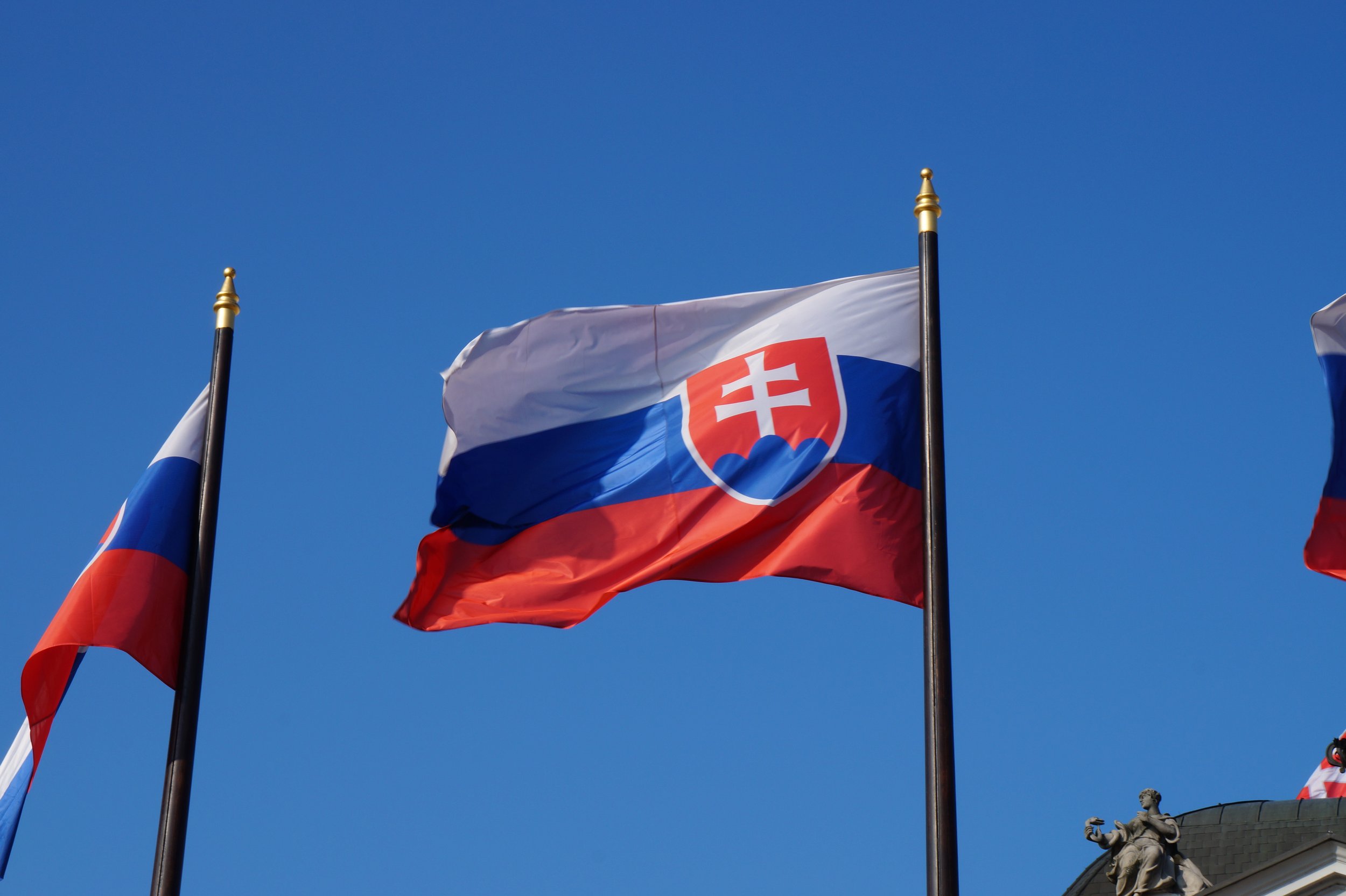Slovakia Halts Military Aid To Ukraine
The suspension of Slovakia’s military aid to Ukraine by its new Prime Minister Robert Fico has sparked concerns among EU leaders (Wikimedia Commons).
Slovakia’s new prime minister Robert Fico announced on October 26 that the country will suspend its provision of military aid to Ukraine. Twenty months since Russia’s invasion, the Slovakian move gives Ukraine’s allies reason to fear that international support of Ukrainian defense is fracturing. As the defending nation’s counteroffensive proves sluggish and economic woes rise throughout the West, allies are beginning to question how unwavering their “unwavering” support is in the face of a stalemate and lengthening war.
In his announcement, Fico said that Slovakia will halt all military aid to its besieged neighbor, but will continue to provide “essential non-military aid” to support humanitarian efforts in the region. However, commercial military contracts between Slovakia and Ukraine will remain in effect.
This decision comes one month after Slovakia elected Prime Minister Robert Fico. The two-time former prime minister secured a surprise, but narrow, victory on a pro-Russia platform and a promise to halt arm deals.
Since losing Slovakia’s weapons won’t tip the balance on the frontline for Ukraine, this decision delivers a symbolic blow more than a pragmatic one. Until now, Slovakia has been a strong supporter of Ukraine, a leader in offering military aid and welcoming refugees. It is the first country to halt aid to Ukraine, leading some European allies to fear that the move will establish a precedent.
Furthermore, Fico has made it clear that this is only the beginning of Slovakia’s shifting policy towards Ukraine. Breaking from other European Union nations, he has been vague in his position on sanctions against Russia. He has vowed to resist any sanctions that “are going to harm” Slovakia and has described “most sanctions” as damaging to the country he now leads. This hesitancy is raising concerns that Slovakia will join Hungary in blocking EU sanctions against Russia. Additionally, European leaders supporting Ukraine worry that cooperation between leaders in Slovakia and Hungary could empower both countries to block any military aid to Ukraine from the EU. The joint response requires unanimity among members.
Fico justified this reduction in support by claiming that “Ukraine is among the most corrupt countries in the world,” implying aid sent by the EU may not end up where it is intended. He classified EU-provided support as “excessive” and insisted that “the war in Ukraine is not ours, we have nothing to do with it.” Moreover, Fico continues to promote non-military solutions, asserting that “Ukraine’s victory does not lie on the battlefield” and that the “EU should move from being an arms supplier to a peacemaker.”

